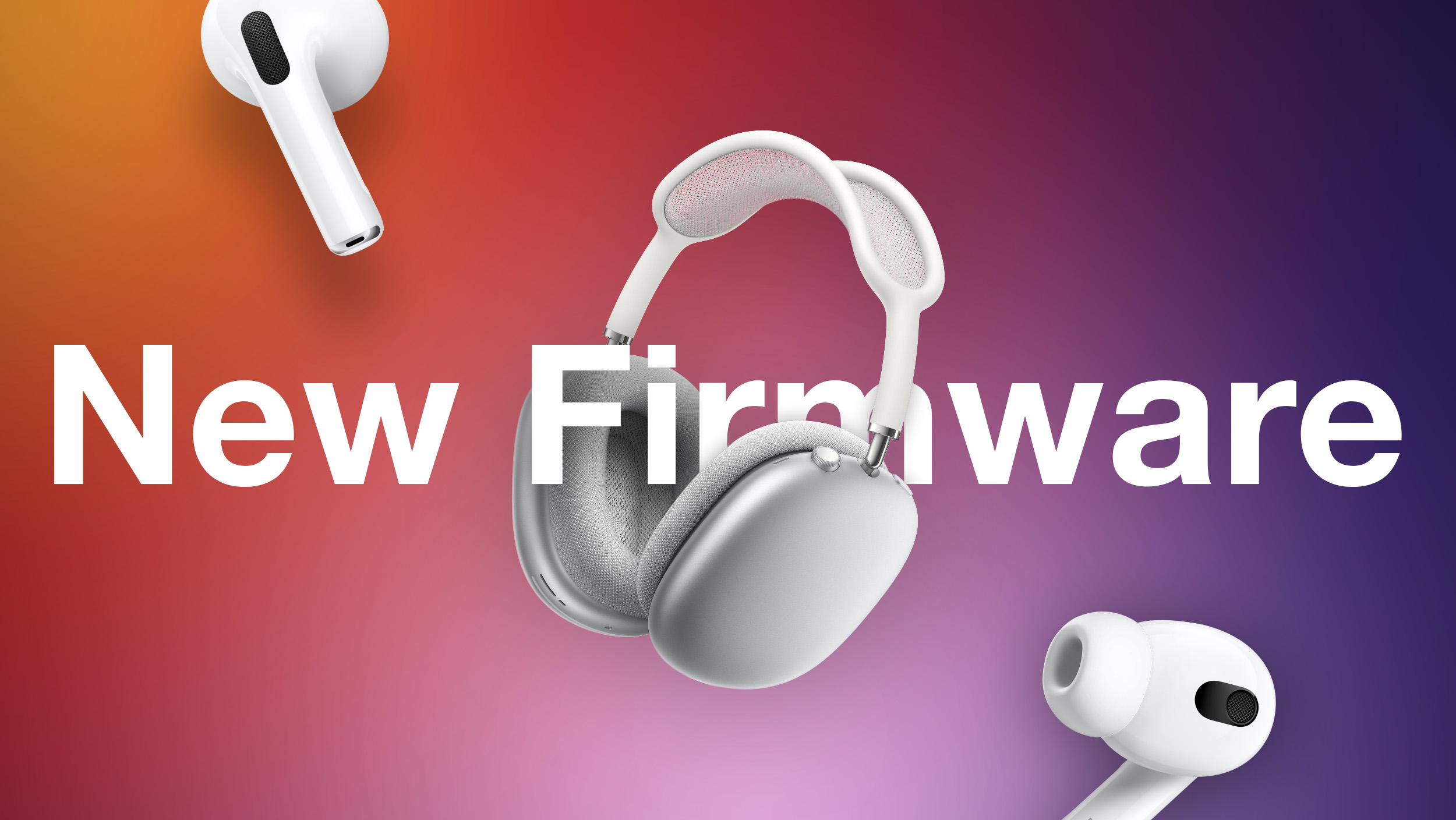What is Intel Evo? The new mobile performance standard explained
Intel Evo is the chipmaker’s new specification for thin-and-light laptops and – thanks to the label shown above – should provide a guarantee of great mobile performance on laptops.
Intel unveiled Project Athena at CES in early 2019 but while Athena isn’t a consumer brand, Intel Evo is. It’s very much like what Intel did with Ultrabooks around a decade ago to revolutionise the thin and light PC laptop market in the wake of the launch of Apple’s MacBook Air in 2008.
Best laptops: The best laptops you can buy today
What is Project Athena and Intel Evo?
Intel Evo is a brand you’ll see on ultraportable laptops that guarantees a certain level of performance – we’ve explained more detail on that below.
Project Athena was, essentially, the codename for this programme, but Intel says that Intel Evo laptops are “co-engineered and verified through Intel’s Project Athena innovation program”. In other words, it’s the process laptops go through to get the Intel Evo branding.
And what is that process? It’s basically a set of standards that Intel wants for laptops. Intel said its engineers will work with companies like HP, Dell, and many more to create laptops that meet its standards. It’ll even test them before they can become certified.
During 2020 we used a Project Athena-spec Dell XPS 13 2-in-1 and we have to say we’re extremely impressed. With the latest 10th generation Intel Core processors (now replaced by 11th generation under Intel Evo) and other accoutrements like all-day battery life, always-on and USB-C it simply zips along and has no problem driving our high-res display.
Intel’s former Ultrabook brand was always about go-anywhere devices that had top-notch Wi-Fi connectivity in days when Wi-Fi was a bit more of an inconsistent experience – the best part of a decade ago.
Nowadays though, it’s more about “do anything” as well as “go anywhere” – you really can have one laptop to rule them all. And, with 2-in-1, 360-degree flip laptops like this Dell XPS 13 2-in-1 that’s totally possible.
The idea is similar to Intel’s Ultrabook program that began in 2012 but with a much wider set of criteria. The original Ultrabook standards were based on getting the best battery performance in the smallest device possible. They had to meet exact standards for thinness, weight, responsiveness, and battery life.
The result helped close the gap between Windows-powered laptops and MacBooks.
Within a couple of years, plastic PC rigs transformed into sleek metal beasts, with the likes of Dell XPS 13 and HP Spectre x360. All these, if they met Intel’s criteria at the time, were called Ultrabooks.
Now, Intel is trying this again with Evo in an effort to spur more innovation among premium laptop makers.
Is there an Intel Evo logo?
Yes there is – you can see it at the top of this article. Originally Intel told us there was no Project Athena brand or logo, but there is a ‘visual identifier’. Yes, that really is what they said. The logo or badge – as that’s what it is, see it below – said ‘engineered for mobile performance’ but appears to have been replaced by the Evo logo above.
What is the criteria for Project Athena certification?
Project Athena-certifieded laptops have to meet a range of specifications based on its design, battery, and hardware. There are six categories: instant action, performance and responsiveness, intelligence, battery life, connectivity, and form factor.
The biggest takeaway is that Intel Evo laptops will need to deliver nine hours of battery life. That includes while browsing the web over Wi-Fi and with the screen set to a level of brightness (250 nits).
So no more of this bogus “24-hour battery” promise – but only with Wi-Fi off and the lowest screen brightness. Intel said it put serious research behind the creation of its standards criteria.
It wanted to gauge what was most important to real-life laptop users both at home and in the workplace. It also plans to perform rigorous testing on each laptop seeking Project Athena certification.
Intel believes its criteria will actually satisfy modern users’ needs, and it’s going to make sure manufacturers don’t cheat them.
Here’s the full Project Athena 2.0 specification – the 1.0 version was for 10th generation Intel processors so the spec was revised.
The key things are:
11th generation Core processors with Intel X graphicsCo-engineered with IntelConsistent responsiveness on battery.Wake from sleep in less than 1 second.9 or more hours of real-world battery life on laptops with full HD display.4 or more hours of battery life in a 30-minute charge on laptops with full HD display.
Which manufacturers make Intel Evo laptops?
Many high-end laptops are Intel Evo-certified including laptops from Acer, Dell, HP, and Lenovo. Google, Microsoft, Asus, Samsung, and Xiaomi. Indeed over 40 models are now available.



